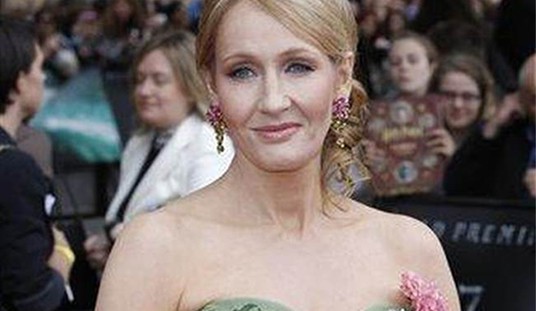All of the whys and wherefores of Tuesday’s stunning “Super Tuesday Junior” results, which collectively retrieved Hillary Clinton’s candidacy from its appointment with the deathbed, will probably be the subject of scrutiny for years to come.
We saw GOP crossovers vote for Democrats in Ohio and Texas on an apparently grand and possibly unprecedented scale. Does Mrs. Clinton owe her very survival to, of all people, renegade Republicans?
There was the Saturday Night Live effect. First, the program had a segment mocking the press’s alleged favoritism towards Obama that was not only seen or referred to a zillion times by New and Old Media alike in the days following its February 23 broadcast, but was also co-opted by the Clinton campaign as campaign fodder. Then this past Saturday, Mrs. Clinton put in an unexpected and well-received opening skit appearance.
Other factors, all working in Hillary’s favor: Her “3 a.m.” ad, which played on her supposed ability to handle a crisis based on her “experience”; the continuing saga of Obama mentor Tony Rezko and the candidate’s petulant reaction to reporters’ questions over his relationship with him; the negative resonance from Michelle Obama’s “For the first time in my adult lifetime, I am really proud of my country” statement; and several others.
But Barack Obama wasn’t the only overall loser on Tuesday night. Free trade took a beating, and I fear that the flogging is not yet over.
In last week’s debate in Ohio, and in their campaign stops in the week leading up to Tuesday’s elections, both Clinton and Obama raced to the bottom to see who could give the most disrespect to free trade in general, and the North American Free Trade Agreement (NAFTA) in particular. Each embraced “renegotiation,” but as Byron York at National Review writes:
Obama won, at least rhetorically, by promising to “use the hammer of a potential opt-out as leverage” to renegotiate NAFTA on his own terms.
If there’s any consolation, it’s the fact that the candidate who was the more stridently opposed to free trade and NAFTA is the one who had the bad day at the polls. He should consider whether or not there’s a correlation between the two.
In fact, we basically know that Barack Obama knows better, as York reports in the same piece:
Canada’s CTV television network reported that, in early February, a representative of the Obama campaign assured Canadian officials that they need not take Obama’s NAFTA threats seriously, that those threats were just political rhetoric intended to win Midwestern primaries. The campaign, and the Canadian government, initially denied everything.
[…]
But it turned out that there had been contact, and something did indeed happen. Later news reports identified the Obama adviser as Austan Goolsbee, a professor of economics at the University of Chicago who serves as a senior adviser to the Obama campaign.
York has more of the “he said, they said” details at his column for those who relish that sort of thing. The relevant point to take from the incident is that, despite the heated debate rhetoric, the adults who might actually be involved in economic policy under a President Obama, or for that matter a President Hillary Clinton, know full well that free trade is not something that can be thrown overboard, especially when it involves a good-faith treaty made with our own neighbors and designed to be permanent.
Sebastian Mallaby, who directs the Center for Geoeconomic Studies at the Council on Foreign Relations, clearly leans left, but is not at all pleased with where the two candidates are going. In a March 2 Washington Post column, he wrote that:
It’s one thing for Democrats to call for a timeout on negotiating new trade treaties and another to threaten violence to existing ones. … The Democrats’ anti-trade rhetoric has become so vitriolic that it is setting the stage for an attack on the World Trade Organization, the most significant addition to the international system since the end of the Cold War.
Then Mallaby went on to make some of the same points that I made in my column last week — points that the two Democrats need to hear again and again until they acknowledge them:
The pity is that the Democrats didn’t have to go this way. It’s not that difficult to explain that U.S. manufacturing output has gone up, not down: It simply isn’t true that production has been shifted en masse to Mexico or even China. Manufacturing employment has fallen not because of trade but because of technological progress, and there’s no mystery about the policies needed to assist losers: wage insurance, a more progressive tax structure, and better access to health care.
If either candidate wins the presidency, there is now more than a small chance that he or she will give in excessively to trade restrictionists. They would do so at our long-term economic peril.
Tom Blumer is a CPA based in Mason, Ohio, outside of Cincinnati. He presents personal finance-related workshops and speeches at companies, and runs BizzyBlog.com.









Join the conversation as a VIP Member